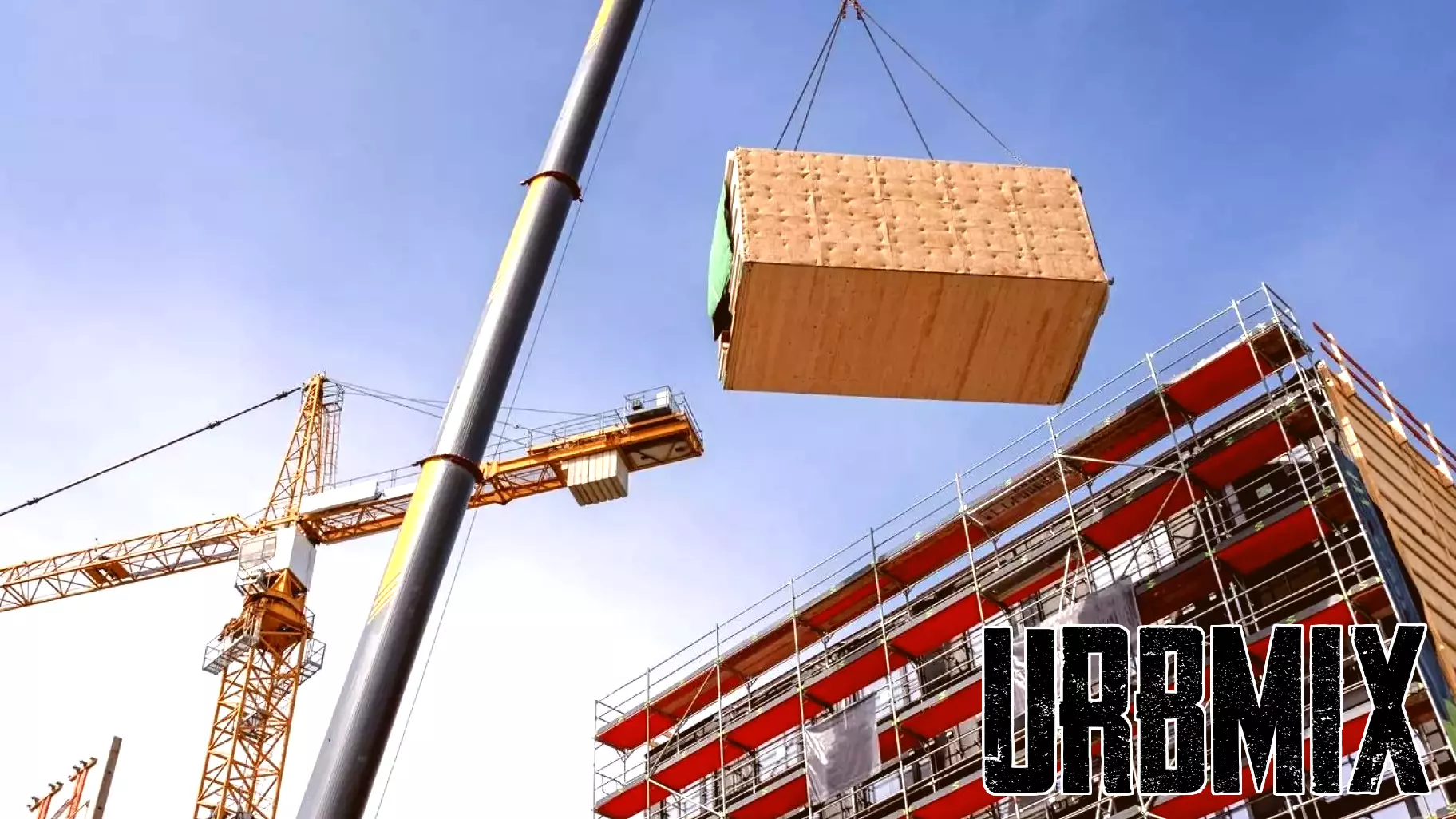December 17, 2024 - 18:49

For leaders navigating the complexities of modern work environments, the pace of real estate adaptation can often feel sluggish. However, recent advancements in modular furniture and construction are revolutionizing how organizations approach their physical spaces. The rise of moveable walls and flexible layouts allows companies to customize their work environments more efficiently than ever before.
Modular real estate solutions offer unparalleled versatility, enabling businesses to quickly reconfigure their spaces to meet changing needs. This adaptability is particularly beneficial in a post-pandemic world, where remote work and hybrid models have become the norm. Companies can now create collaborative areas, quiet zones, or even multifunctional spaces with ease, promoting both productivity and employee well-being.
As businesses increasingly prioritize agility, the demand for modular solutions is expected to grow. This shift not only enhances the functionality of workspaces but also contributes to a more sustainable approach to real estate, minimizing waste and optimizing resources. Embracing modularity in design and construction is not just a trend; it’s a strategic move toward a more dynamic future in the workplace.



